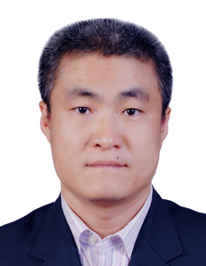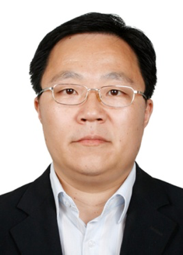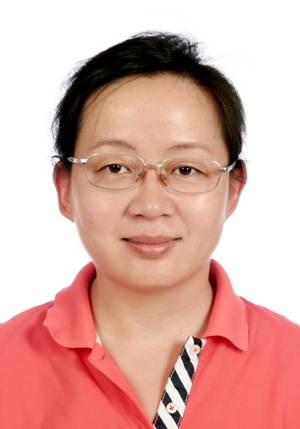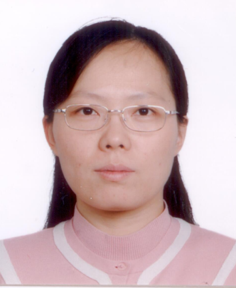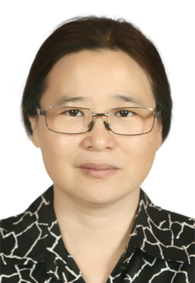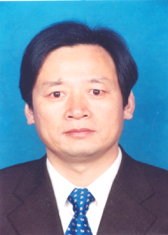Hepatology (Peking University Hepatology Institute)
Peking University Hepatology Institute
Peking University Hepatology Institute (PUHI), the first institute for viral hepatitis in China, was established in 1978. We have made historic contributions to the prevention and treatment of viral hepatitis in China by developing the first HBV vaccine and the first generation of HBV and HCV diagnostic agents. PUHI has received more than eighty awards, including one First Prize, three Second Prizes, and one Third Prize of the National Science and Technology Progress Award from the Ministry of Science and Technology.
PUHI, now led by Professor Rao Huiying, evolved from the Hepatology Institute of Beijing Medical College People’s Hospital. Over the past 40 years, it has become a comprehensive institute comprising the Research Institute, Department of Hepatology, Department of Infectious Disease, Clinical Laboratory, and Postdoctoral Research Center of Peking University. For its pioneering work in the treatment and study of liver and infectious diseases, PUHI has been recognized as the Beijing Key Laboratory of Hepatitis C and Immunotherapy for Liver Disease, the Clinical Pharmacology Research Center by the National Health Commission and SFDA of the PRC, and a National Key Clinical Specialty in Infectious Disease. Since its founding, the Clinical Laboratory of PUHI has demonstrated consistent excellence, having passed the Laboratory Accreditation Programs of both the College of American Pathologists (CAP) and the China National Accreditation Service for Conformity Assessment (CNAS), and participated in China’s national laboratory network for infectious diseases.
PUHI has undertaken numerous National Key Science and Technology Projects since China’s Sixth Five-Year Plan and has participated in up to six and seven projects during the Eleventh and Twelfth Five-Year Plans, respectively. PUHI is committed to advancing research in the following areas:
(1) Hepatitis C – Molecular Virology/Prognosis of HCV Infection/Optimizing Treatment for Difficult-to-Treat Cases;
(2) Hepatitis B – Immunological Interactions Between Virus and Hepatocytes/Antiviral Therapy;
(3) Hepatocellular Carcinoma – Mechanisms of Pathogenesis/Metastasis/Recurrence/Immunotherapy;
(4) Liver Failure – Diagnosis/Underlying Mechanisms;
(5) Fatty Liver – Epidemiology/Diagnosis / Mechanistic Studies.
PUHI has also established international collaborations with leading institutions worldwide, including the University of Michigan (United States), Drexel University (United States), and the Agency for Science, Technology and Research (A*STAR, Singapore).

